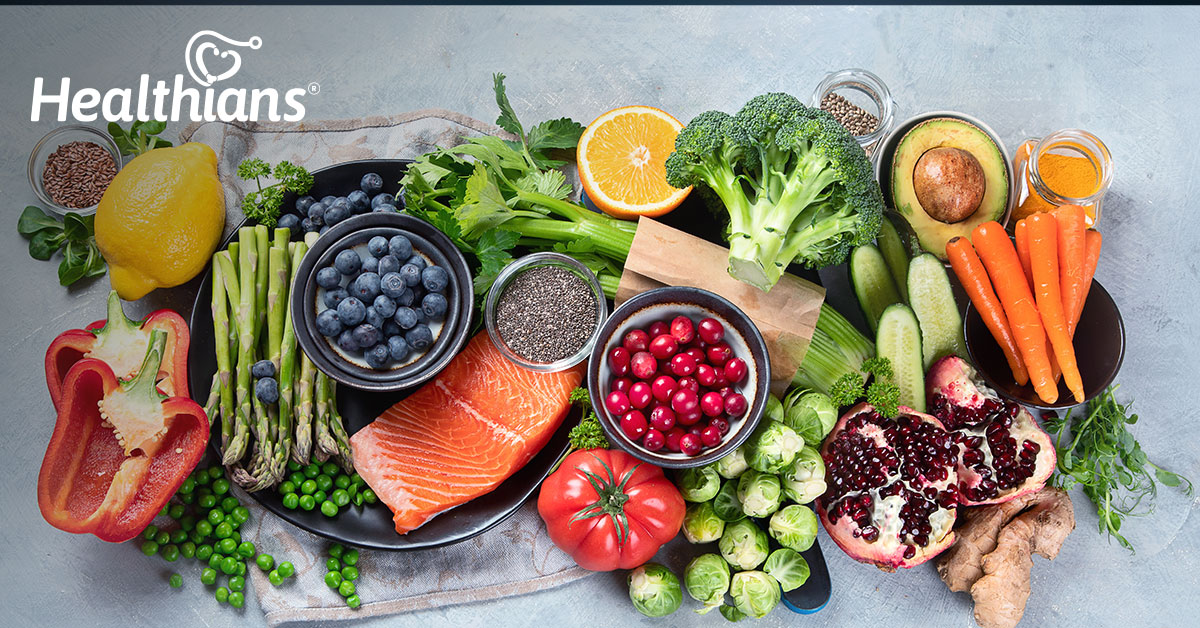Foods to eat and avoid as we welcome summer!
Introduction In most parts of northern India, the cold wave has passed, and spring has made its presence felt. Even while the weather is currently...

Introduction
In most parts of northern India, the cold wave has passed, and spring has made its presence felt. Even while the weather is currently becoming pleasant and it is a great time to be outside, the change in seasons can be a little problematic for health and have an impact on immunity.
Our eating habits must vary when the seasons change since we may now require fewer calories than we did throughout the winter season.
Easy-to-digest foods like berries, melon, mint, salads,, yoghurt, etc., must be included in the daily diet while comfort foods high in calories like pasta, potatoes, and bread must be firmly avoided.
Here are some foods that you must include and try to avoid in the sweltering heat to keep your stomach cool.
Foods to have
Dry fruits
Powerful antioxidants are important for the immune system. Almonds, cashews and walnuts are excellent sources of vitamin E and act as powerful antioxidants. To stay healthy in changing weather it is advised to have almonds. Because, they are rich in proteins and lipids, which maintain high levels of energy for a longer period of time.
Coconut water
Due to its alkaline content, coconut water is one of the most refreshing and effective drinks. It also helps to regulate the stomach’s acid levels and boost immunity. It helps soothe the inner lining of the stomach, keeping your stomach cool and easy.
Power of citrus
What are you waiting for if grapes and lemons are your favourites? Start the lemonade preparation. Or to avoid viruses and bacteria, sip a glass of fresh grape juice every morning. Add more lemon juice to recipes that call for it as well. Its vitamin C content will boost your immune system during the changing weather.
Veggies with green leaves
Broccoli, spinach and other such green leafy veggies usually don’t catch our fancy, but keep in mind that these excellent vegetables are loaded with fibre, vitamins (vitamins A, C, and E), minerals, and antioxidants. These vitamins and minerals strengthen our immune system’s ability to fight infections. Green veggies supply a bioactive substance that boosts gut immunity. To keep the nutrients, always try to consume these vegetables raw or barely cooked.
Foods to avoid
Sweet beverages
As the seasons change, it’s important to stay hydrated, thus it’s best to avoid drinking sugary beverages like soda because they can cause dehydration.
To support your health and well-being during this change, put your attention on eating a balanced and varied diet. Additionally, it’s important to stay hydrated by drinking lots of water to promote your body’s adaptability to the warmer climate.
Junk Food
Junk food is unfit for the body, as the term suggests. You already know that junk food consumption is harmful, however, it can be even more unhealthy during the changing season. It can be difficult to digest junk food during weather changes because of its ingredients, which include potatoes, bread made from refined wheat, and chicken with spreads and sauces. Your body may feel heavy, bloated, and lethargic.
Seafood and meat
If not packed and stored properly, seafood has the potential to spoil quickly. The ideal temperature for microorganisms to thrive exists throughout the weather change. Consuming seafood that is not fresh might cause serious gastrointestinal problems and food poisoning. Non-vegetarian foods also take longer to digest and cause the body to overheat, which is uncomfortable during the weather change. Similarly, you may feel lighter and more energised if you eat less meat during the changing season as they can aggravate health problems at this time of the year.
Spicy Foods
Spicy food may be flavourful and aromatic but are not among the finest meals to eat in the changing season. Spices that heat up the body include cinnamon, black pepper, cumin, mustard seeds, garlic, ginger, chilli powder, and garlic. They raise body temperature after ingestion. Additionally, they impact digestion and speed up metabolism. Eating too many spicy meals can also result in skin breakouts and blisters.
Dairy products
You should try and minimize your intake of dairy products in the changing season —especially in the morning—as they can be quite congested. Almond milk can be a suitable substitute. If you feel like having cow’s milk, you should boil it first, ensure it is warm, and you can also add a pinch of turmeric or ginger to make it more digestible (and less congesting).
Final thoughts
Summer is approaching in a few weeks, and it’s the right time to prepare ourselves to make healthy choices as the seasons change.
90% of diseases can be prevented by drinking enough water. Eat minimally fried and fatty food because these foods tend to make you feel warmer. Oats, barley, and wheat are good examples of foods with more fibre that should be consumed and are light.
Remember, moderation is the key. Consider the above list of foods to eat and avoid during this season when the temperature is getting warmer slowly and make sure you make the most of this season without compromising on your health.
Furthermore, you should also undergo preventive health checkups. These health checkups give a complete report about your health, allowing you to take necessary precautionary measures to improve your well-being and keep a host of ailments at bay.
Book The Full Body Good Health Test Today!
The post Foods to eat and avoid as we welcome summer! appeared first on HEALTHIANS BLOG.






















